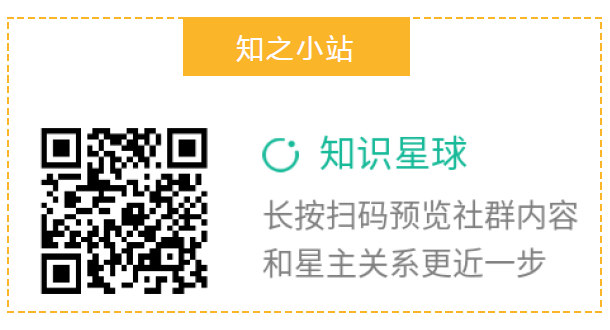Every day more than 2.5 quintilion bytes of data aregenerated,with over 50%coming from intemet ofthings (loT)devices.But less than 1%of this data isfully utiized.Harnessing the full potential of loT datahas been hampered by a fractured regulatory dataenwironment,a lack of data policies and regulations,privacy concerns,public and private data sourcesthat remain silbed and the absence of businessmodels based on the value of data.
Nowhere are these challenges and opportunitiesmore visible than in cities.Smart aities hold thepromise of increased eficiency,improved publicservices,elevated quality of life and economic
growth but are predicated on access to high-qualityand dependable data
To address the challenges,realize the opportunitiesand manage the risks arising from the growingamounts of loT data,a sound legal structure is
required with sustainable,secure and ethical modelsthat facilitate the dynamic and efficient sharing ofloT data,and that foster innovation while protectingprivacy and building trust.
This white paper analyses the current landscapeof data collection and proposes a governanceframework to align the bT data sharing valuechain in three key platform dimensions,as wellas six major regulatory structures rooted in
global standards:data privacy,data security,
interoperability,accountability and integrity of data,eligibility of platform operators,and a terms of useagreement for data user,provider and operator.To illustrate this,the paper provides examplesof trusted data sharing platforms,how they arestructured and the essential elements to buildingtrust to enable the opening of public sector data,and the trading of private sector data safely.Theprotocol also addresses the direction and actionsthat can be taken to implement the protocol in localpalicy and regulations.
To unlock the power of bT,data requires
govemance protocols and regulatory frameworksthat keep pace with the times,manage thegrowing volumes and complexity of data,and
consider the supporting and resisting factors of allkey stakeholders and their different govenancestructures.The novel framework proposed in thispublication highlights key areas for proper datamanagement and to enable trust between data
providers,platform operators and end users,protectthe rights and interests of all parties,and faciltate thedynamic exchange ofloT data.Innovative regulatoryand governance models are the basis for cities tomanage and benefit from the growing amountsof lbTinformation to help guide decision making,improve the quality of public services,and becomemore eficient,sustainable,resilient and equitable.



本文来自知之小站
报告已上传知识星球,微信扫码加入立享4万+深度报告下载及1年更新。3天内不满意退出星球款项原路退回,欢迎试用。到期续费仅需5折
(如无法加入或其他事宜可联系zzxz_88@163.com)
